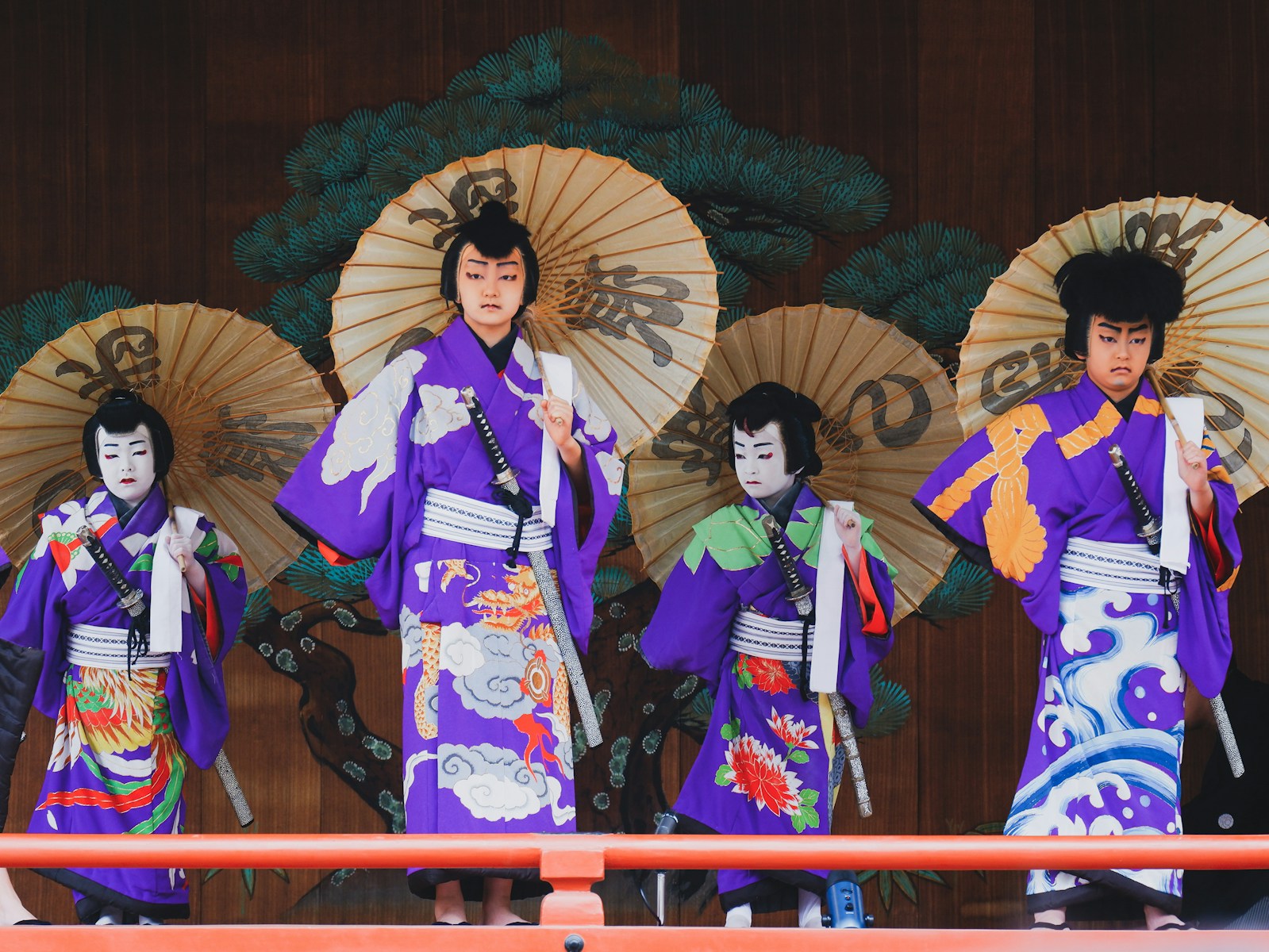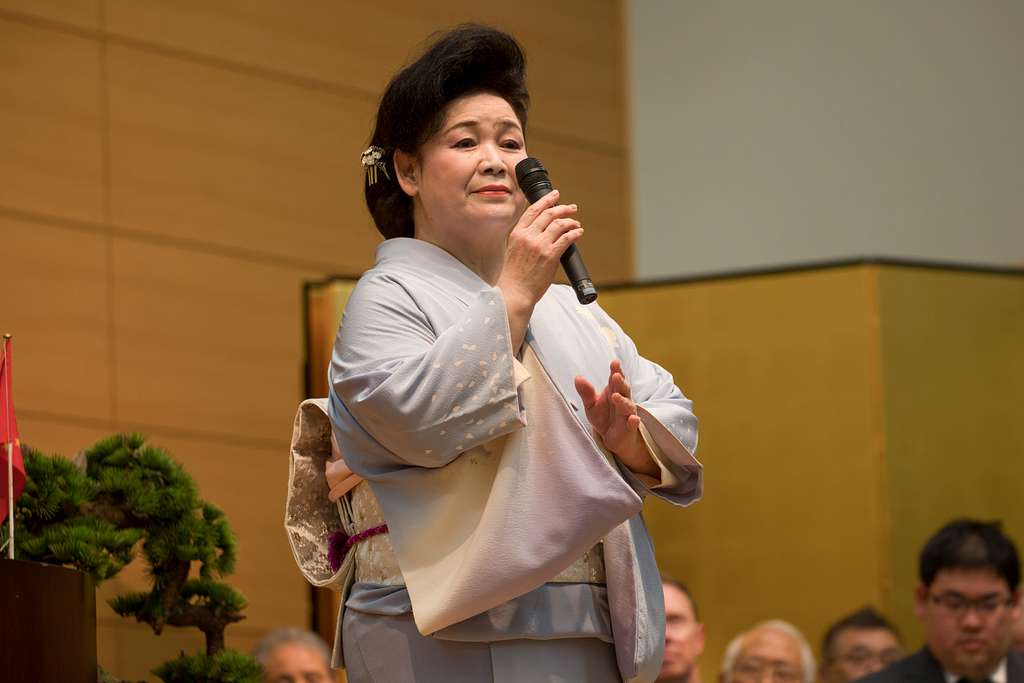|
Getting your Trinity Audio player ready...
|
Just a short essay…
Zen Buddhism, a school of Mahayana Buddhism that emphasizes meditation and intuition, has significantly shaped various aspects of Japanese culture. Among these influences, Zen’s impact on Japanese music is particularly intriguing. My essay explores how Zen principles and practices have affected traditional and contemporary Japanese music, highlighting the integration of meditation, minimalism, and specific musical practices in Zen contexts.
Zen Buddhism in Japan
Zen Buddhism was introduced to Japan from China during the 12th century, and it swiftly integrated into the Japanese cultural and religious landscape. Unlike other Buddhist schools, Zen emphasizes direct experience and personal insight through meditation, known as zazen. The core tenets of Zen include simplicity, mindfulness, and the quest for a profound, direct understanding of reality. These principles not only influenced Japanese art and culture but also played a crucial role in shaping the country’s musical traditions.
Zen and Music
The relationship between Zen and music is deeply intertwined with Zen’s core principles. Central to Zen practice is the concept of shikan-taza (just sitting), which encourages a form of meditation that is both disciplined and non-analytical. This emphasis on presence and simplicity has had a profound effect on musical expression in Japan.
Zen meditation practices have influenced Japanese music through the pursuit of minimalism and simplicity. The minimalistic approach, characterized by repetition and sparse musical structures, mirrors Zen’s focus on stripping away distractions to achieve clarity and insight. This can be observed in traditional Japanese music, which often employs repetitive patterns and simple melodic lines to evoke a sense of tranquility and mindfulness.
Musical Practices in Zen Contexts
In Zen Buddhist temples, music serves a vital role in meditation and ritual practices. One notable example is shōmyō, a form of Buddhist chanting that is used in Zen temples. Shōmyō is characterized by its use of traditional Japanese scales and its emphasis on tonal purity and rhythmic freedom. This chanting practice is intended to aid in meditation and enhance the spiritual atmosphere within the temple.
The use of specific musical instruments also reflects Zen principles. The shakuhachi, a traditional Japanese bamboo flute, is often associated with Zen meditation. Its sound is valued for its ability to create a deep sense of stillness and reflection. The koto, a plucked zither, is another instrument used in Zen contexts, offering a serene and contemplative musical experience.
Influence on Contemporary Music
Zen’s impact extends beyond traditional practices into contemporary Japanese music. Modern composers such as Tōru Takemitsu have incorporated Zen elements into their works, blending traditional Japanese sounds with avant-garde techniques. Takemitsu’s compositions often reflect Zen aesthetics through their minimalist structures and emphasis on silence and space.
Furthermore, Zen principles have also influenced Western music, particularly in the realm of minimalism. Composers like Steve Reich and Philip Glass have drawn inspiration from Zen practices, integrating concepts of repetition and simplicity into their music. This cross-cultural exchange highlights the broader influence of Zen on global musical trends.
Conclusion
The influence of Zen Buddhism on Japanese music is a testament to the profound impact of spiritual practices on artistic expression. Zen’s emphasis on simplicity, mindfulness, and direct experience has shaped traditional and contemporary Japanese music, from temple chants to modern compositions. As Zen principles continue to inspire musicians both in Japan and around the world, the intersection of spirituality and music remains a rich and evolving field of exploration.
I have only a vague idea so far about how to approach the topic in more depth. I’m working on it 🙂
References
- Sharf, Robert. “The Zen of Japanese Music.” Journal of East Asian Studies, vol. 3, no. 2, 2019, pp. 45-67.
- Takemitsu, Tōru. Music of Tōru Takemitsu. University of Tokyo Press, 2021.
- Watanabe, Hiroshi. Zen and the Art of Japanese Music. Kyoto University Press, 2018.





